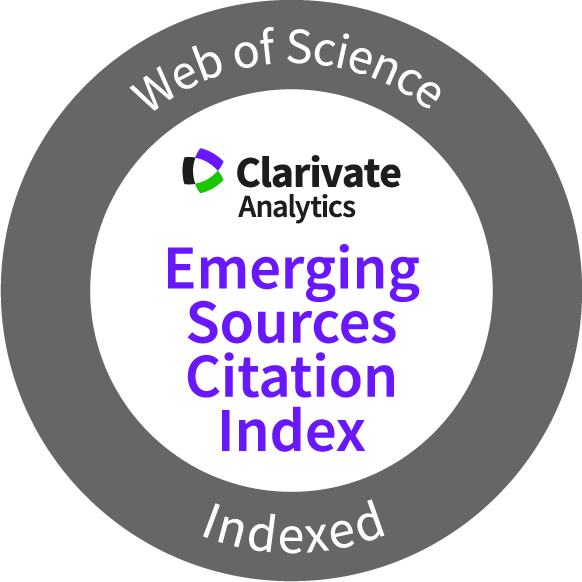EXPLORING WESTERN TOURISTS’ PERCEIVED RISK AND IMPACT ON WILLINGNESS-TO-TRY UNFAMILIAR LOCAL FOOD IN REDANG AND PERHENTIAN ISLANDS
Keywords:
Risk perception, unfamiliar local food, Western tourist, Perhentian, Redang, willingness to tryAbstract
Post COVID-19 pandemic, tourists remain eager to sample local food when visiting new destinations. However, being in a strange island environment and eating unfamiliar food, may enhance the feeling of uncertainty, thus increase Western tourists’ perceived risk particularly with unfamiliar food and culture. International tourists may perceive unfamiliar foods as strange or even dangerous, which could affect the overall tourism experience. Western tourists’ risk perception towards local island food in Malaysia remains unexplored despite the popularity of island destinations. The present study aims to explore Western tourists’ perceived risk factors regarding local island food and their impact on willingness-to-try. Adopting a qualitative stance, semi-structured interviews were conducted between July and August 2020 involving nine Western tourists (two male, seven female) at various food outlets in Perhentian and Redang Island. The data were analyzed using thematic analysis and aided with Atlas.ti software. Results indicated the presence of perceived health risk, environmental and safety risk. Hedonism and the emotional connection remain a key attraction to the island-style dining experience.
Downloads
Metrics
Published
How to Cite
Issue
Section
Any reproduction of figures, tables and illustrations must obtain written permission from the Chief Editor (wicki@ukm.edu.my). No part of the journal may be reproduced without the editor’s permission





















